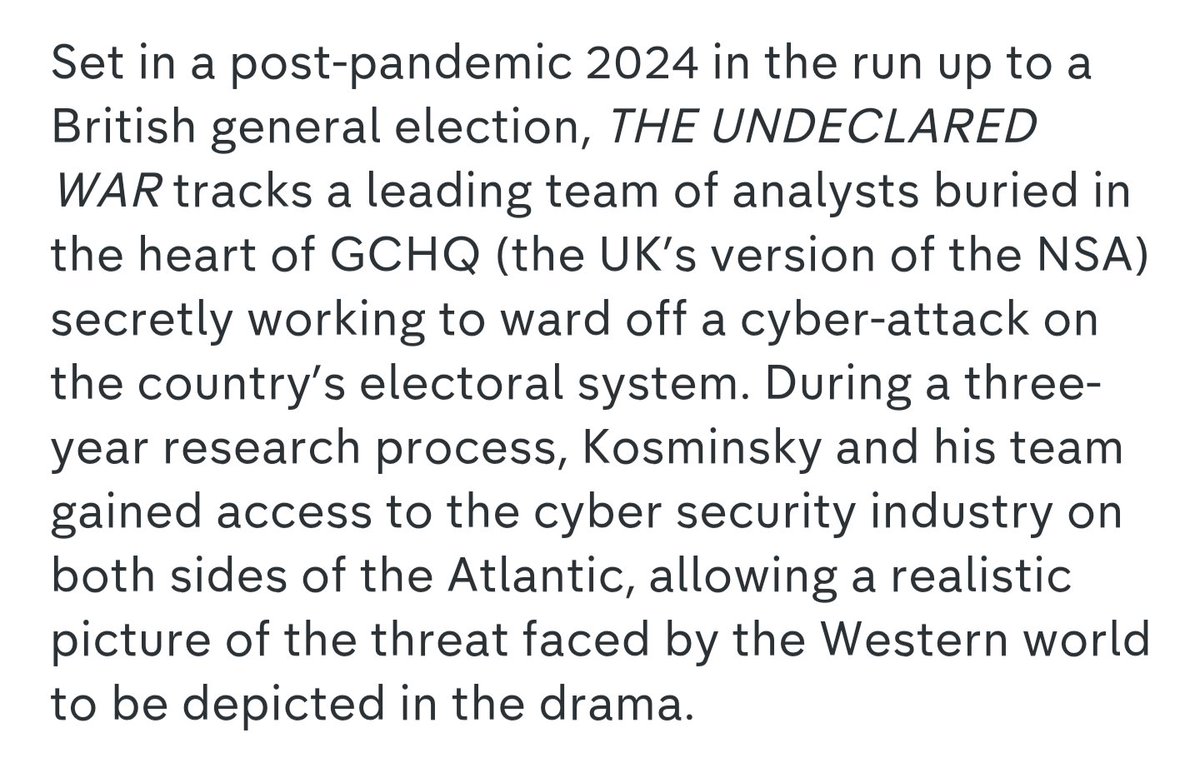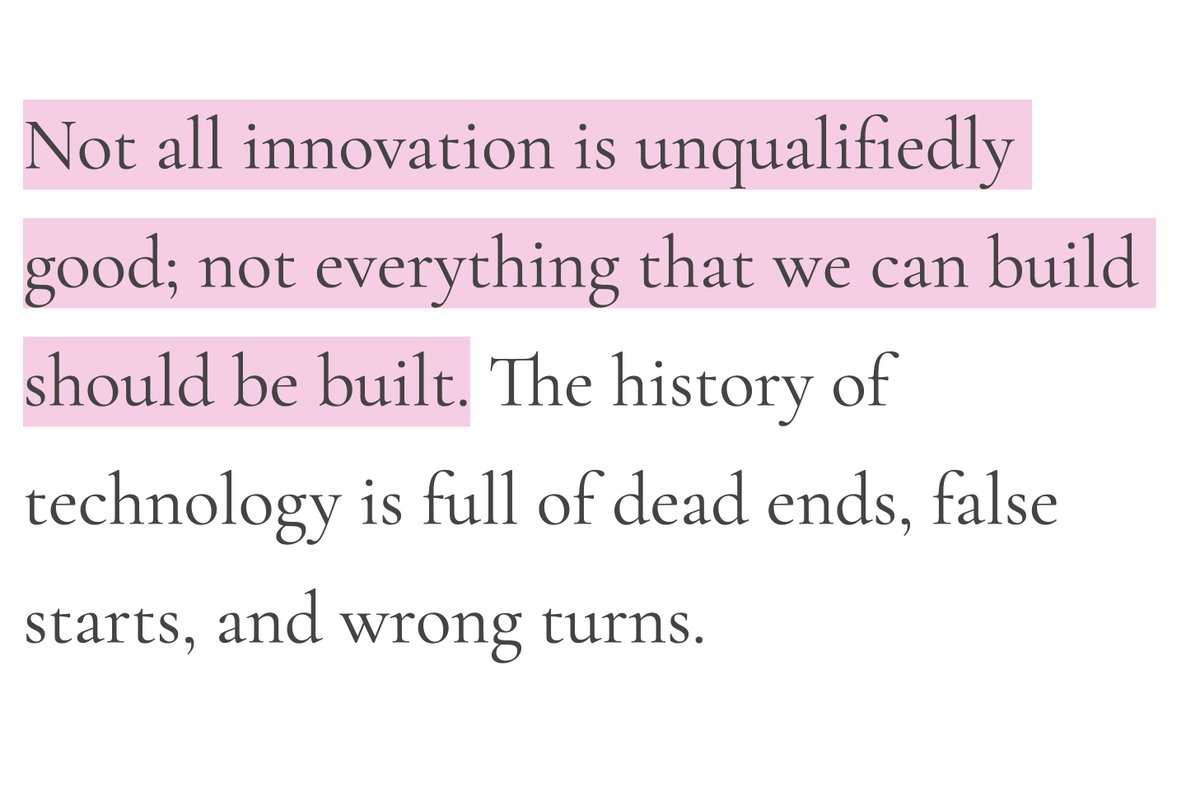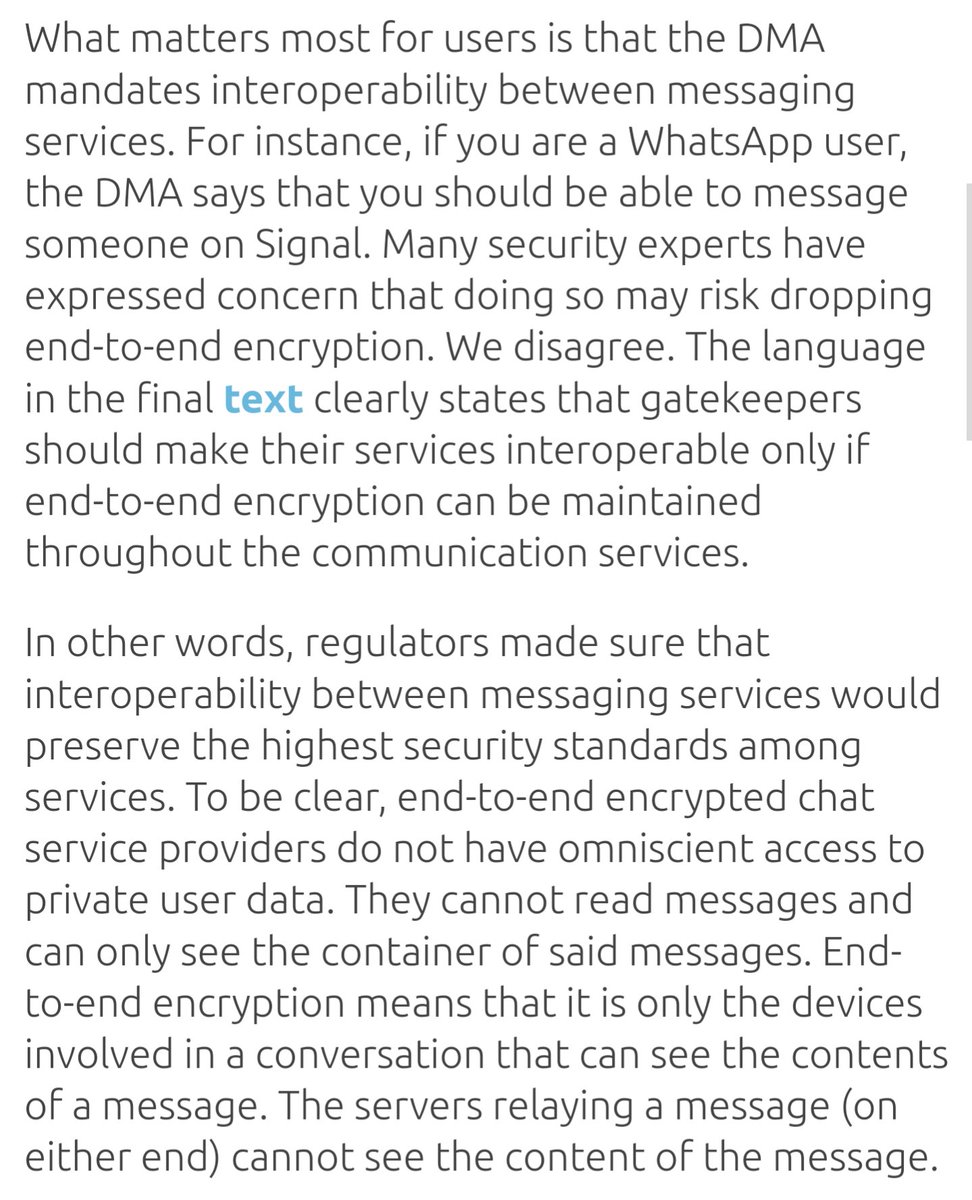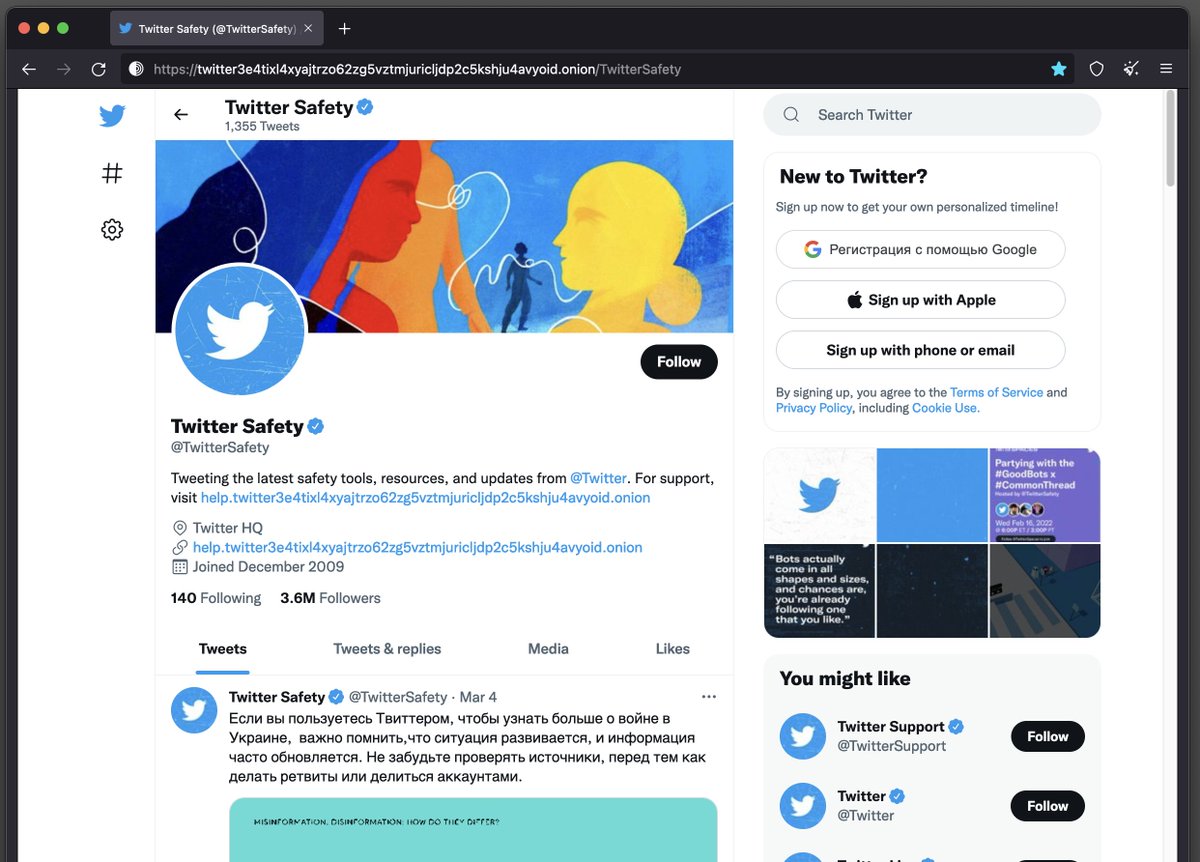
I've been saying stuff like this for ages, maybe if @alexstamos says it too then people will listen? #DMA
https://twitter.com/alexstamos/status/1549832916108136448
Inevitably the response is something glib like "Use Matrix"
https://twitter.com/alexstamos/status/1549832917286674433?s=20&t=VBPhx1HZ7DR0YGIxUgdMoA
A big part of the the reason for the existence of that API was because the European Union wanted to enable people to access their data; so they created the problem, complained when the inevitable leaks happened, and are now reinventing it
https://twitter.com/alexstamos/status/1549832918528274432?s=20&t=VBPhx1HZ7DR0YGIxUgdMoA
If you would be interested to read an entire half-essay on the matter of end-to-end encryption and interoperability in the #DMA:
alecmuffett.com/alecm/e2e-prim…
alecmuffett.com/alecm/e2e-prim…

• • •
Missing some Tweet in this thread? You can try to
force a refresh













